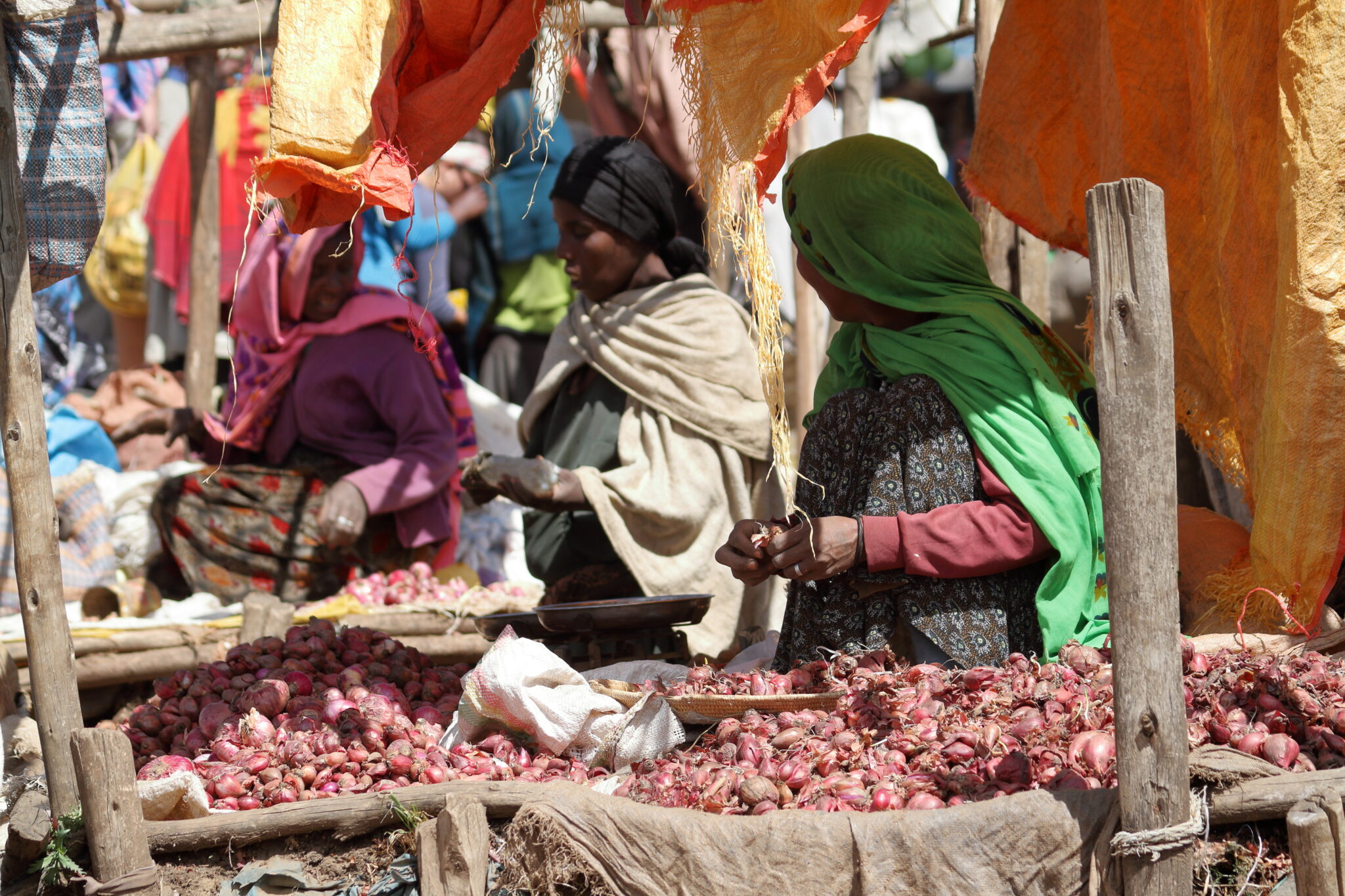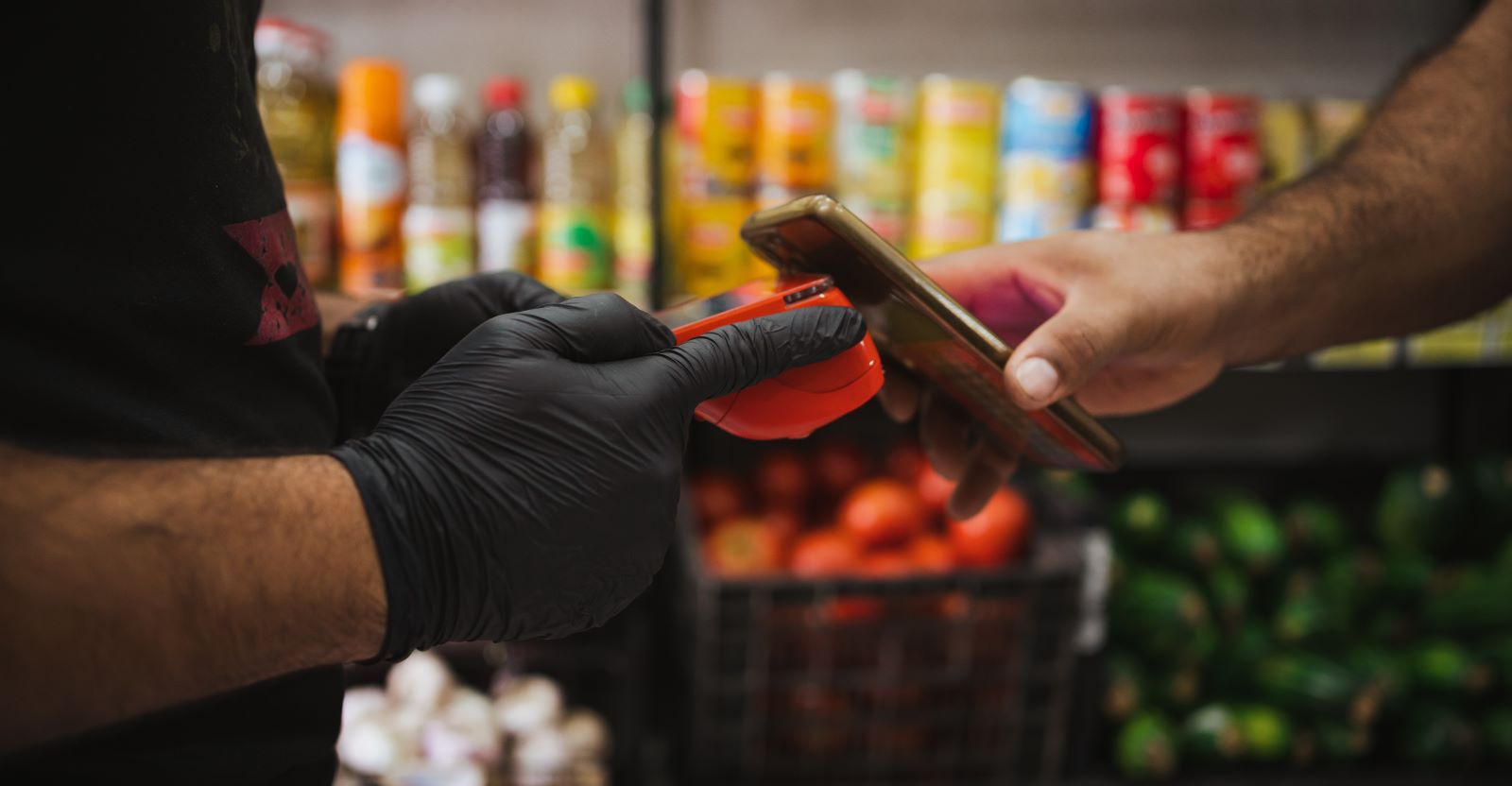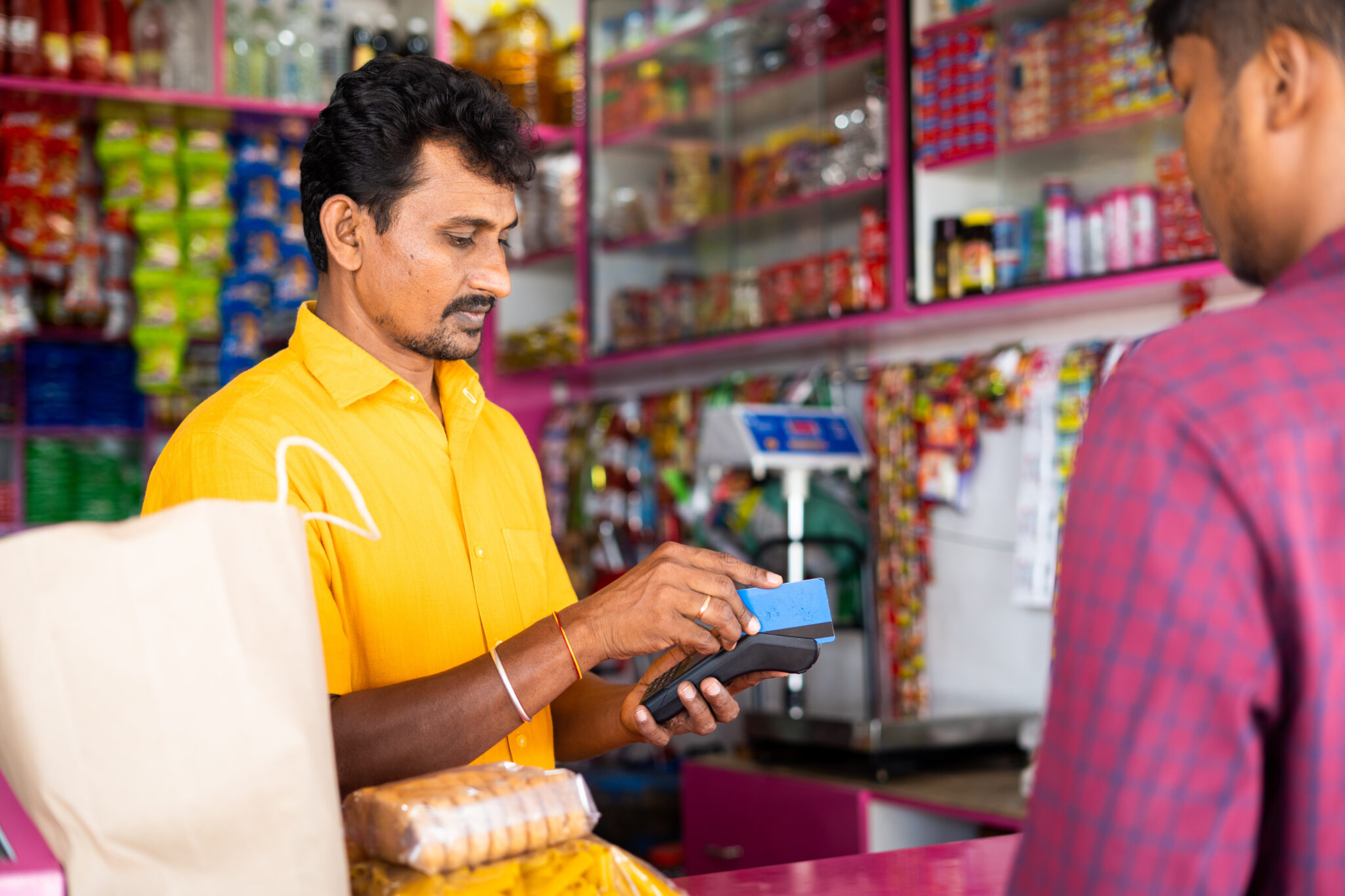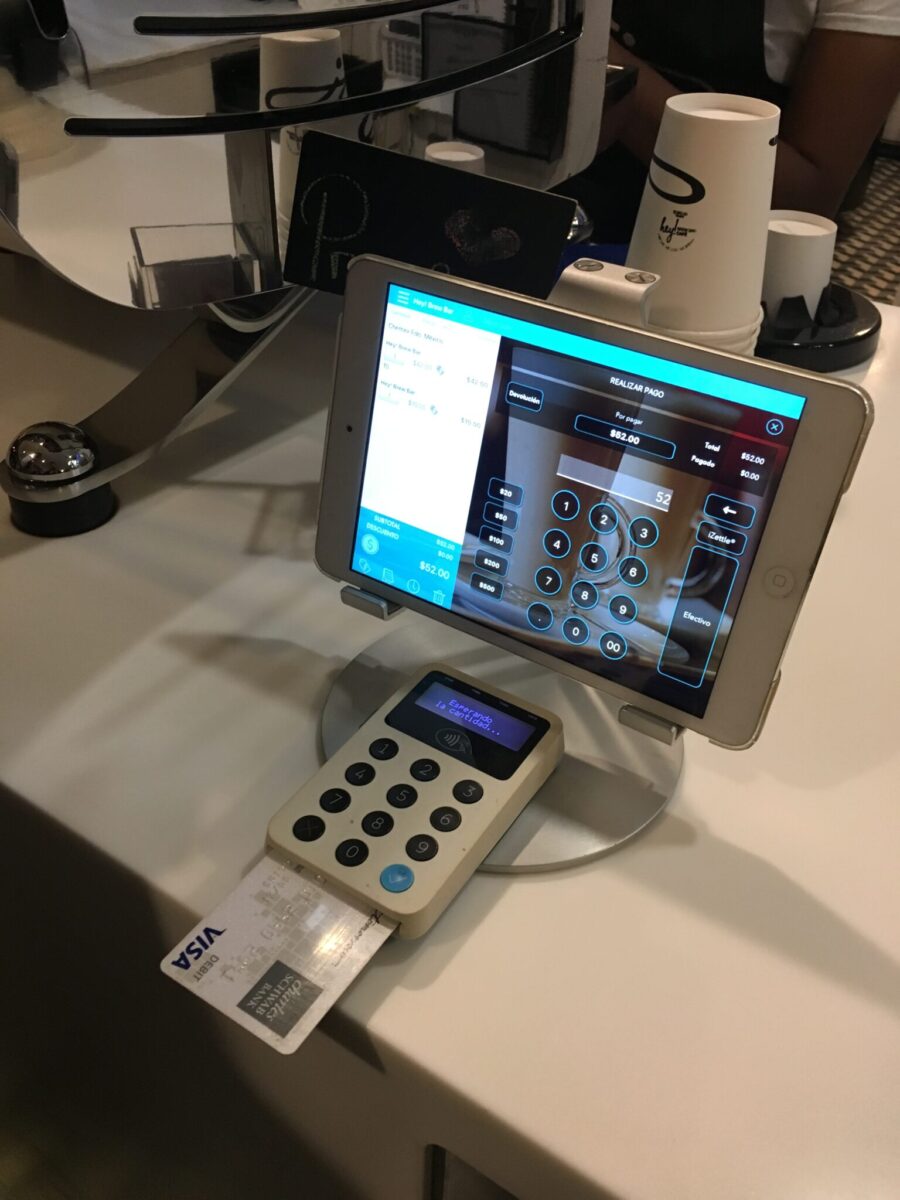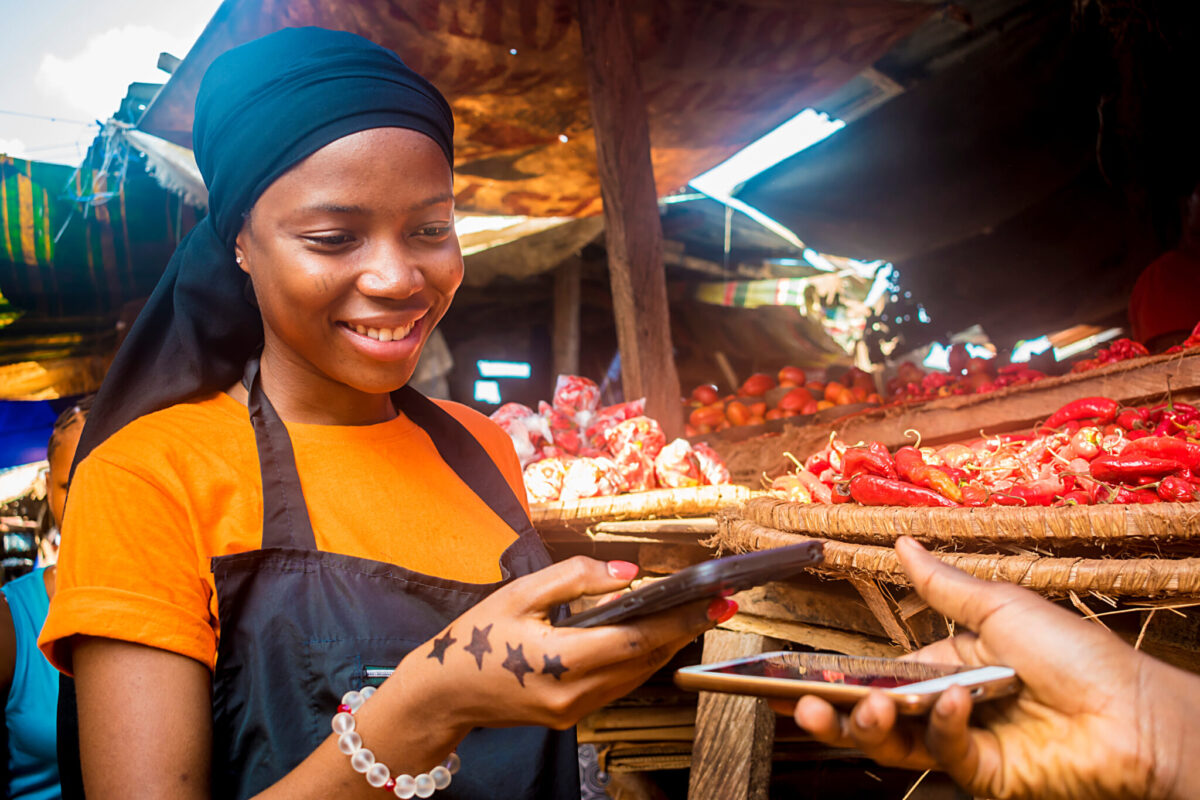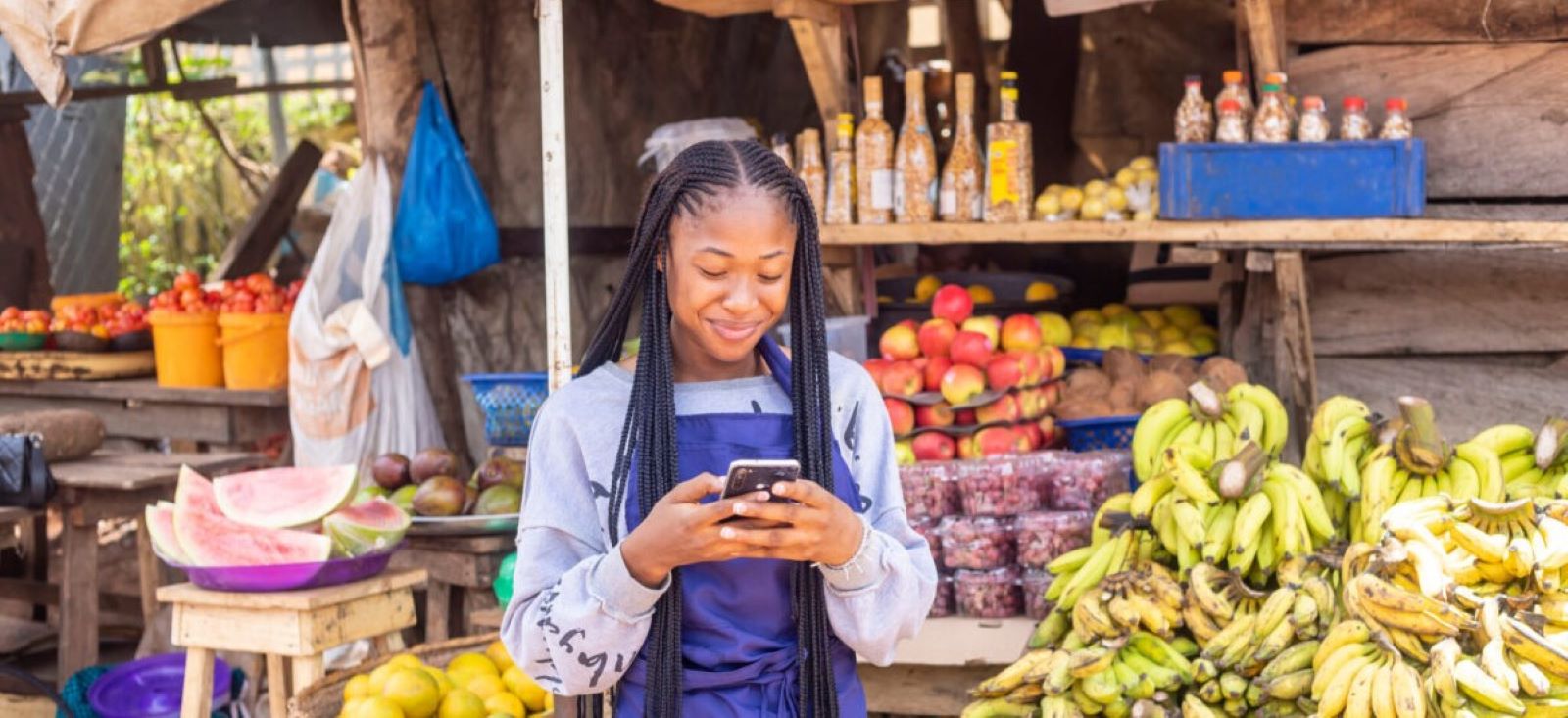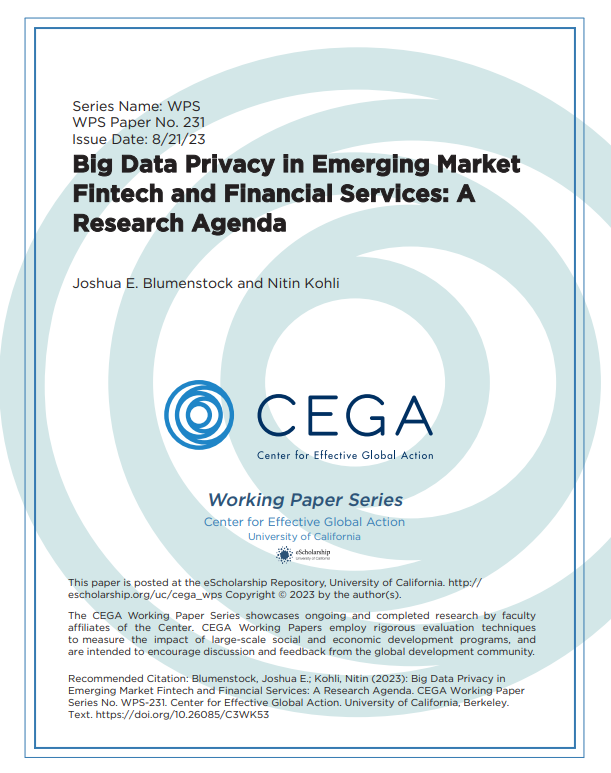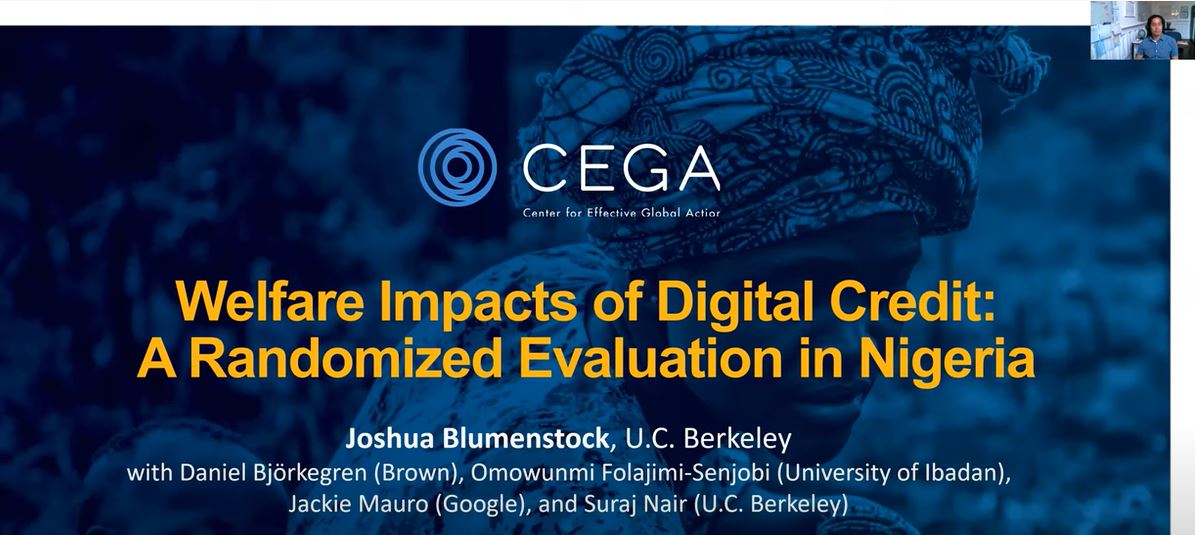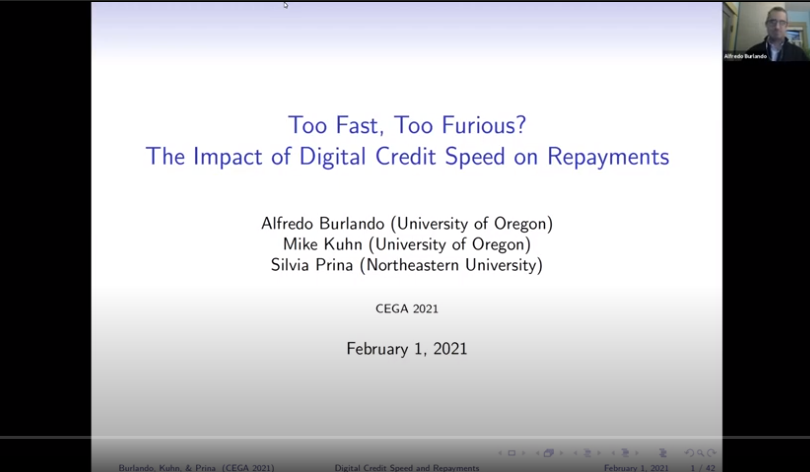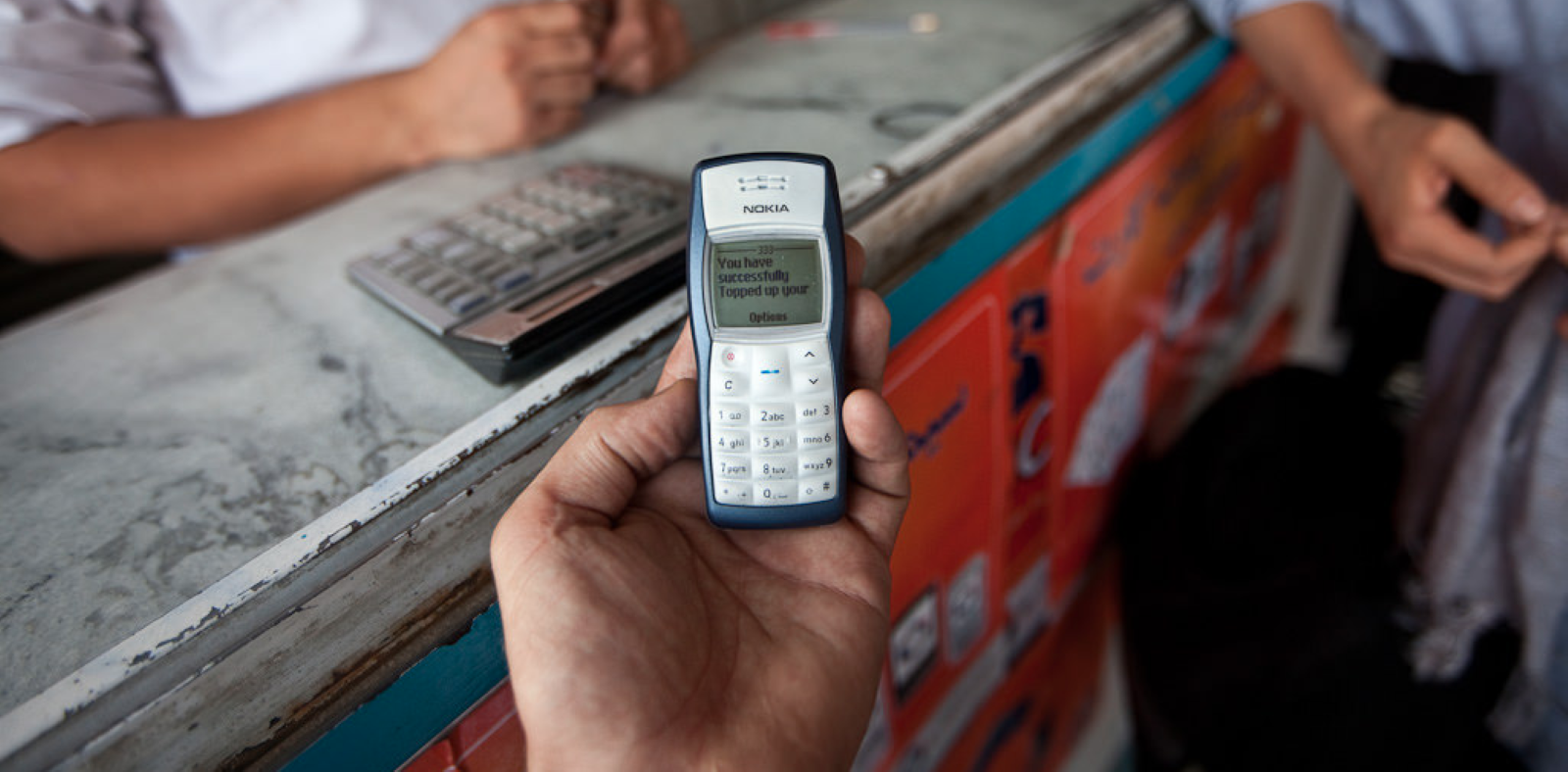
Digital Credit Observatory
Motivation
Inadequate access to finance is an important impediment to development in low- and middle-income countries (LMICs). The rapid proliferation of digital financial services in emerging markets has important implications for global financial inclusion. Unbanked individuals in low- and middle-income countries are increasingly able to bypass brick-and-mortar financial institutions by saving, borrowing, and making payments directly through their mobile phones. While digital credit has the potential to improve access, usage, and resilience for underserved populations, there is still much to learn about potential pitfalls including over-indebtedness and fraud, especially in under-regulated markets. We fund researchers who use randomized evaluations, machine learning, and other rigorous methods to answer questions of critical importance to this sector.
While the rise in the use of mobile phones and other digitally-enabled services has generated optimism about transforming financial services for the underserved, the rapid increase in the volume of personal data being collected and used in a wide range of commercial and policy settings introduces privacy-related risks to consumers that are not well understood.
Our goal is to generate rigorous research that informs the design of more beneficial digital credit products, credit scoring algorithms, and financial policies.
Our Work
Impacts of Digital Credit
The DCO was established in 2016 with support from the Bill & Melinda Gates Foundation to support a coordinated portfolio of rigorous research on the impacts — both positive and negative — of digital credit products in emerging markets. The DCO’s 2016 white paper summarizes the limited research on digital credit available at the time, and which informed our research agenda. Since then, the DCO has supported seventeen studies in twelve countries throughout Africa, Asia, Latin America, and the Caribbean, adding to a growing body of evidence on the impacts of digital credit in emerging markets. The DCO’s 2022 synthesis paper reviews this emerging causal evidence: no study documented statistically significant negative impacts of digital credit, and two evaluations found positive effects on resilience and subjective well-being, respectively.
However, numerous questions about the promises and pitfalls of these products remain. For example, it appears that for certain products, some borrowers benefit, while others consistently incur late fees, default, engage in loan stacking (growing their indebtedness), or deplete savings. The DCO is expanding this portfolio of research through 2024, to investigate how the impacts of digital credit vary according to product design features or borrower characteristics, and how products can be improved to better protect and benefit under-served populations.
In addition to funding research, the DCO coordinates a strong network of private sector, academic, and policy partners working on digital credit. If you’re interested in joining our community, subscribe to our newsletter, and reach out to digitalcredit@berkeley.edu.
Data Privacy
The DCO will also build a portfolio of research to better understand concerns regarding data privacy, possible enhancements to data privacy protections in LMICs, and how various privacy-preserving practices can unlock responsible innovation.
Digital financial services increasingly rely on access to vast troves of personal data, collected from billions of people, many of whom may not understand the possible risks associated with providing consent to share their data. This ‘data revolution’ is transforming the way that private companies approach emerging markets, and is revolutionizing numerous financial services as well as non-profit and humanitarian approaches to public health and international development. This raises questions about effective regulation, market monitoring, ethical use, and data governance. For the financial sector, new privacy preserving practices could help build digital public goods (like credit bureaus) by empowering collaboration between providers, reducing risks (for example, credit and cybersecurity risks) and improving both consumer protections and the regulatory infrastructure, among other benefits. Developing and testing these approaches that unlock such innovations in a privacy-preserving manner could make important contributions to policy. Yet, research on the effectiveness of technical and institutional solutions for enhanced data privacy in low- and middle-income settings is virtually absent. With limited and inconsistent standards for – and regulation of – data privacy, there is a pressing need to find ways to enable data sharing that facilitates innovation while also respecting the privacy of consumers.
